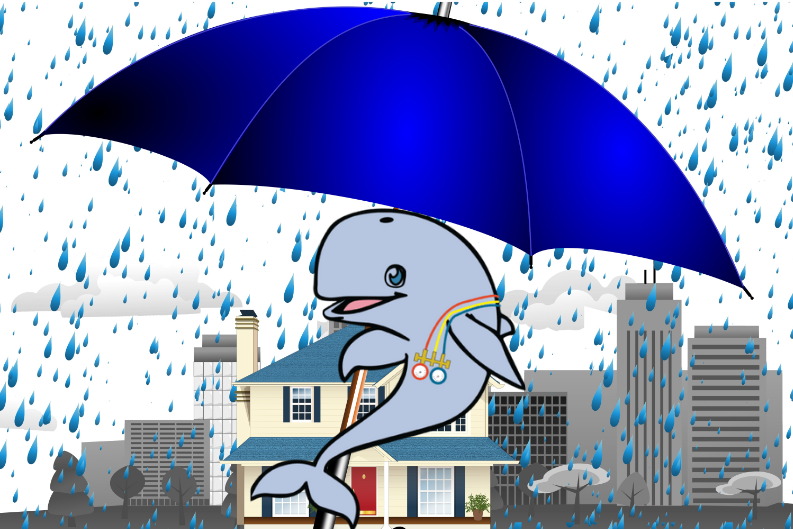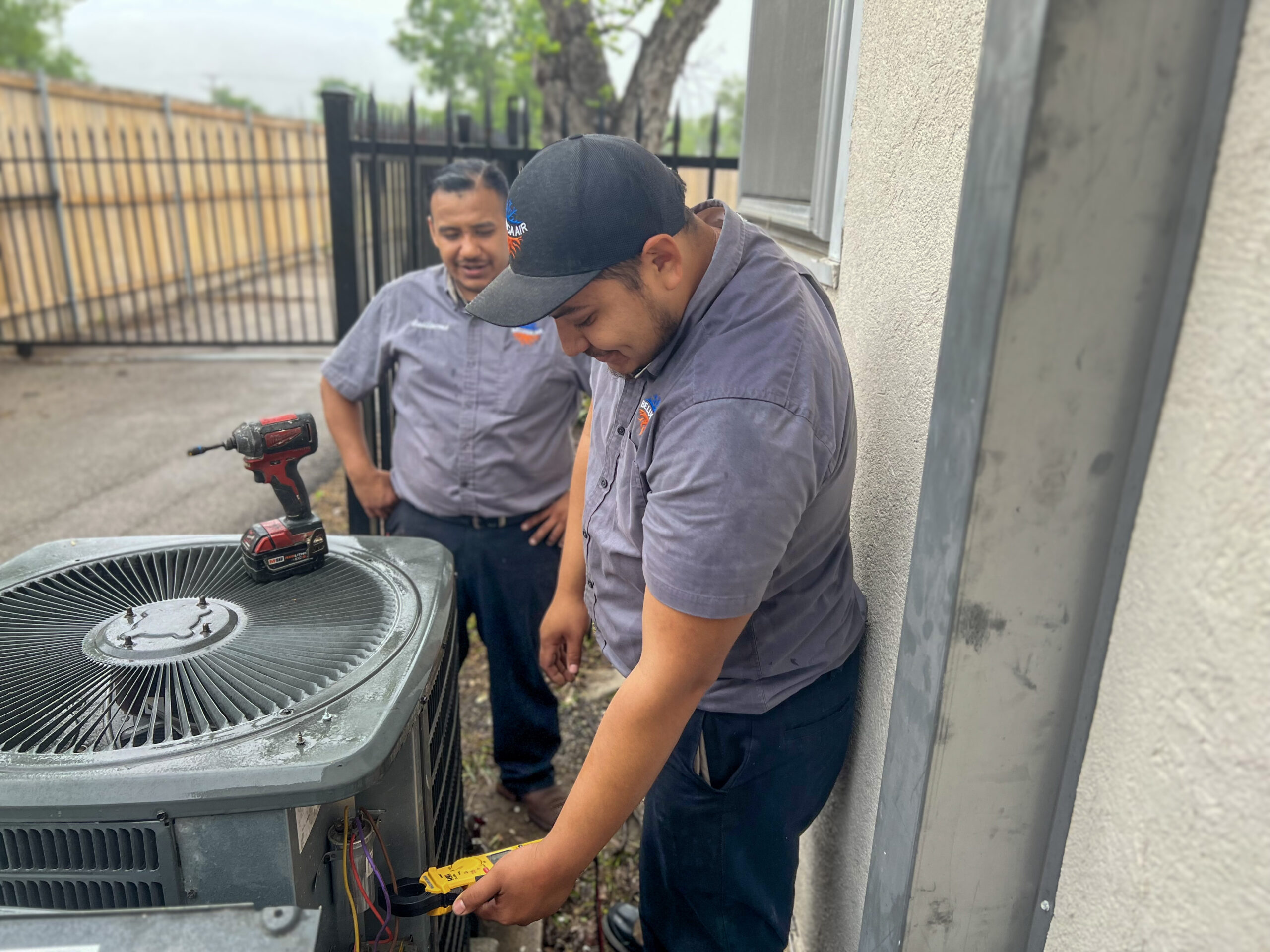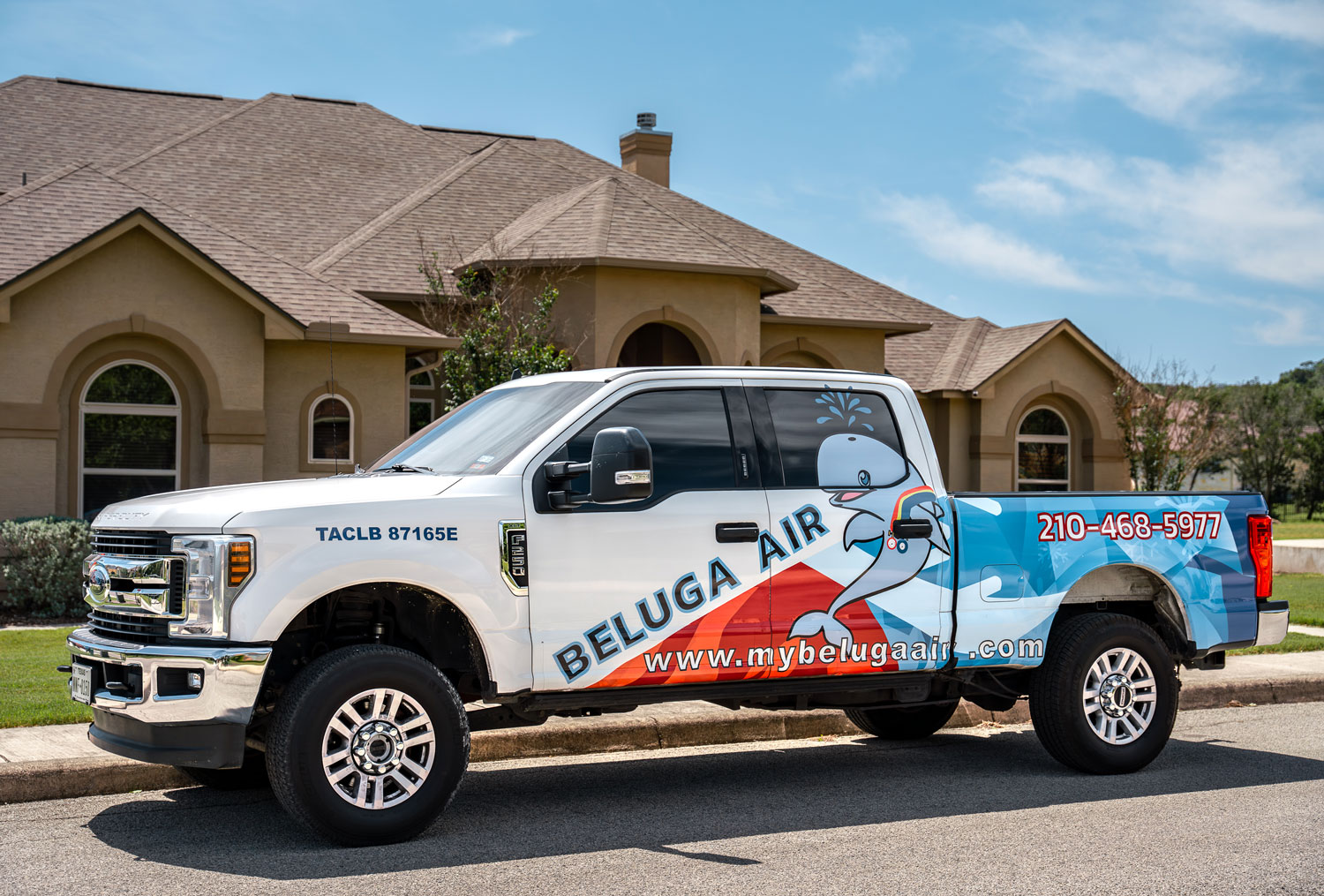Allergies On The Rise!
As the seasons change, many people find themselves struggling with allergies. The sudden blooming of flowers and trees, along with the increase in pollen and other allergens in the air, can make life uncomfortable and miserable. These allergies can range from minor irritations to serious health concerns, making it crucial to take preventive measures. Your HVAC system can play a significant role in alleviating these symptoms and helping you stay healthy and comfortable in your home. In this article, we will discuss the impact of changing seasons on allergies and how your HVAC system can help prevent you from getting sick. By understanding the importance of HVAC maintenance and implementing a few simple tips, you can enjoy an allergy-free home all year round.
How HVAC Systems Help Alleviate Allergies
HVAC systems play a crucial role in helping to alleviate allergies caused by the changing seasons. One way they do this is by using high-MERV filters to filter household air. These filters have a higher efficiency in removing allergens such as pollen, dust, and pet dander from the air.
In addition to high-MERV filters, in-line air purification and air scrubbing devices can also be installed in an HVAC system. These devices work by using UV light or electrostatic charges to eliminate bacteria, viruses, and other harmful particles from the air.
Regularly clearing ductwork of allergens is also important. This can be done by hiring a professional to clean the ducts or using a vacuum with a HEPA filter to remove any accumulated dust, mold, or debris. Maintaining proper humidity levels in the home can also prevent the growth of mold and other allergens.
By utilizing these methods, homeowners can ensure that their HVAC system is helping to alleviate their allergies and providing a healthy environment for their family.
Other Allergy Factors to Consider
Aside from maintaining a clean and well-functioning HVAC system, there are other important factors to consider when it comes to preventing allergies in your home. These factors can greatly impact the air quality and overall health of your household. It’s important to be aware of these issues and take proactive measures to address them.
Detecting Mold Growth
One major concern with HVAC systems is the potential growth of mold. Mold can cause serious health problems, particularly for those with allergies. It’s important to be able to detect mold growth in your HVAC system and take swift action to remove it. Some warning signs of mold growth include musty odors, visible mold growth, and unexplained health issues. If you suspect mold growth in your system, it’s important to contact a professional for thorough cleaning and disinfection.
Critters Living in Ducts or Outdoor Vents
Another issue that can greatly impact the efficiency and air quality of your HVAC system is the presence of critters in the ducts or outdoor vents. These critters can carry allergens and bacteria into your home, causing potential health hazards. It’s important to regularly inspect and clean your ducts and vents to prevent critters from entering and causing damage.
Excessive Dirt Buildup
Excessive dirt buildup in your outdoor unit can also impact the efficiency of your HVAC system. It’s important to regularly clean and maintain your outdoor unit to ensure proper airflow and functioning. This will not only help prevent allergies, but also prolong the life of your system.
By addressing these other factors and taking proactive measures, you can ensure a clean and allergy-free home with the help of your HVAC system. Regular maintenance and cleaning are key in preventing allergies and promoting a healthy living environment for you and your family.
What You Can Do To Prevent Allergies
In conclusion, taking measures to prevent allergies is crucial, especially during the changing seasons. HVAC systems can play a significant role in keeping your home free of allergens. By using high-MERV filters, in-line air purification devices, and regularly clearing ductwork, you can reduce the presence of allergens in your home. Additionally, controlling humidity levels and detecting and addressing mold growth are essential for maintaining an allergy-free home. Critters and excessive dirt buildup can also impact the efficiency of your HVAC system, so it’s important to address these issues as well. By keeping up with regular maintenance and cleaning, your HVAC system can help prevent you from getting sick due to allergies. Remember, a healthy home starts with a well-maintained HVAC system.



